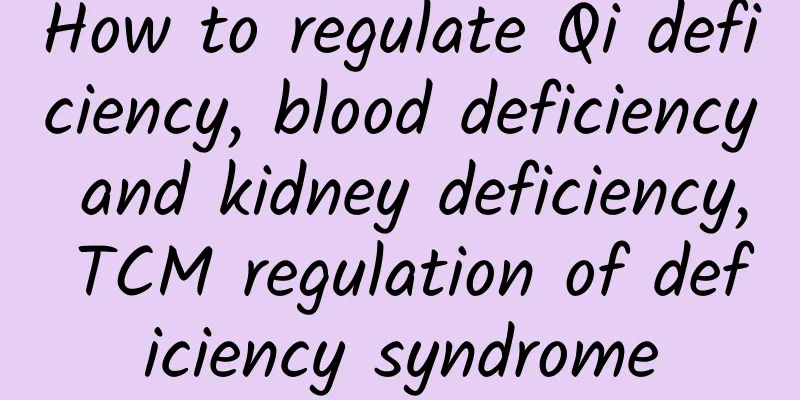I feel fine during the day, but I feel dizzy and stuffy at night.

|
There are many diseases that do not cause any symptoms during the day, but various discomforts will occur at night. Because people are resting and their organs are dormant at night, various diseases will appear at night. For example, some people feel chest tightness and dizziness at night, but do not show any symptoms during the day. So what's going on? Chest tightness is a subjective feeling of difficulty breathing or not having enough air. In severe cases, people may feel as if a stone is pressing down on their chest, and may even have difficulty breathing. It may be a functional manifestation of the body's organs, or it may be one of the earliest symptoms of disease in the human body. 1. Functional chest tightness: Staying in a poorly ventilated room for a long time, encountering some unpleasant things, or even having quarrels or disputes with others, or being in a climate with low air pressure will often cause feelings of chest tightness and fatigue. After a short rest, opening windows for ventilation or going outside to breathe fresh air, relaxing your mind and regulating your emotions, you will soon return to normal. Chest tightness like this may be functional. 2. Pathological chest tightness: Pathological chest tightness is caused by diseases in certain organs in the body. For example: 1. Respiratory tract obstruction: tumors growing in the trachea and bronchi, tracheal stenosis, external pressure on the trachea (enlarged thyroid gland, tumors growing in the mediastinum); 2. Lung diseases: emphysema, asthma, atelectasis, pulmonary infarction, pneumothorax; 3. Heart disease: certain congenital heart diseases, rheumatic heart valve disease, coronary heart disease; 4. Diaphragmatic diseases: diaphragmatic ectasia and diaphragmatic paralysis; 5. Fluid metabolism and acid-base balance disorders, etc. Chest tightness in children mostly indicates congenital heart disease, myocarditis or mediastinal tumor; chest tightness in young people mostly indicates spontaneous pneumothorax, mediastinal tumor, rheumatic heart valve disease; chest tightness in the elderly mostly indicates emphysema, coronary heart disease, etc. Chest tightness is a subjective feeling, that is, breathing is difficult or there is not enough air. In mild cases, it seems nothing happened, but in severe cases, it feels uncomfortable, as if a stone is pressing on the chest, and even has difficulty breathing. It may be a functional manifestation of the body's organs, or it may be one of the earliest symptoms of disease in the human body. People of different ages have chest tightness, the causes are different, the treatments are different, and the consequences are also different. Therefore, further relevant examinations are needed to make a clear diagnosis. |
<<: Where can I fart during a massage?
>>: Hiccups and shortness of breath after eating
Recommend
Why do I get acne on my face before my period?
Women have their periods every month, and the men...
What causes dry and itchy eyes?
Eyes are a very important organ in our human body...
What are the contraindications of Sanfutie?
It is a common knowledge that if you are sick you...
What happens if you eat dragon fruit during menstruation?
Dragon fruit is a relatively common fruit with hi...
Men's testicles have goose bumps and bloodshot
"Dandan" is the common name for male te...
Scraping your fingers to treat hemorrhoids
Hemorrhoids are a gender-neutral disease and are ...
The difference between Yunling and Fuling
Nowadays, there is more rain and humidity. We nee...
What is the reason for left abdominal bloating?
When people experience bloating in the left abdom...
What are the effects and functions of total flavonoids?
The element of total flavonoids has many benefits...
Is bulla rupture dangerous?
Some people still do not pay attention to their p...
Posterior circulation cerebral infarction
Patients with posterior circulation ischemic cere...
Why does my child's feet hurt?
Because most children are rather naughty, and the...
A natural way to get rid of foot odor that you can’t miss!
Medically speaking, athlete's foot and foot o...
What is protein loss disease?
It is well known that in order to maintain health...
Burn scars require proper care. How to give your skin new life?
Scars are usually formed at the wound after traum...









